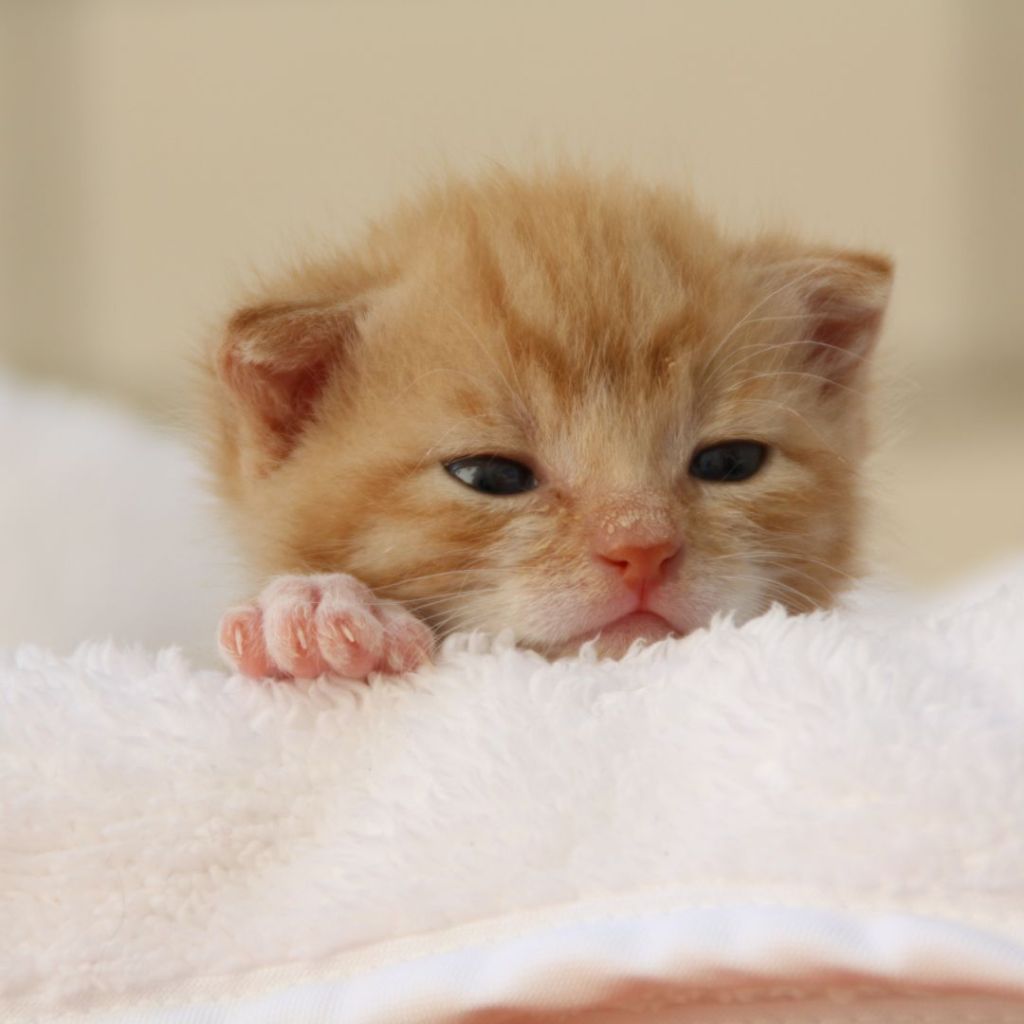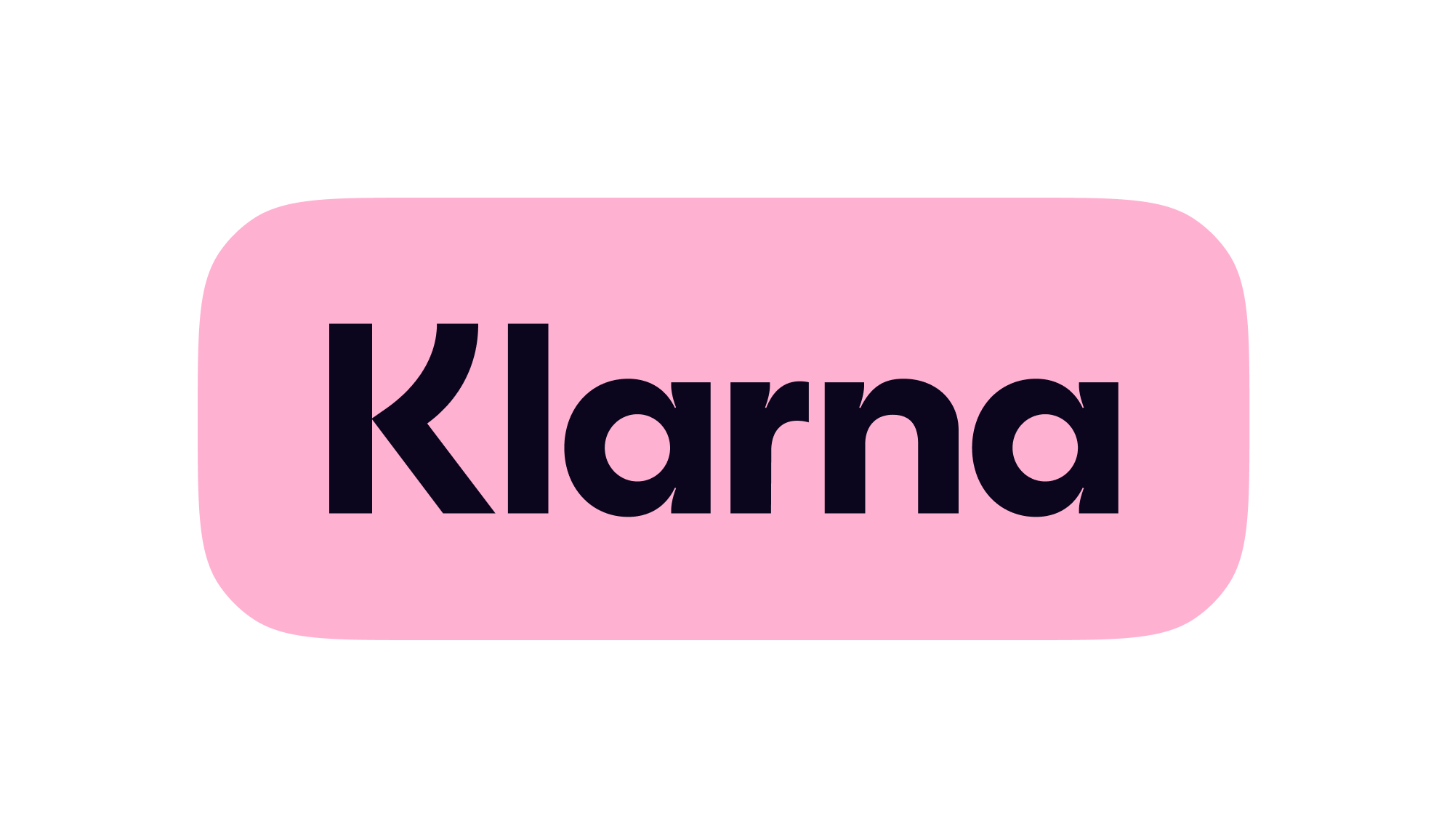
Famous Felines: Everything You Need to Know About the Scottish Fold Cat
25 Jan 2024.
You’re probably familiar with the Scottish Fold cat. Although these kitties have a rather humble feline history, they’re now one of the most popular (and famous) breeds in the world! Are you thinking a Scottish Fold cat might make a great addition to your life (and perhaps bring a little star-power glamour too)? Cat in a Flat tells you everything you need to know about Scottish Folds so you can decide if this feline breed is right for you.
Table of contents
Where do Scottish Fold cats come from?
This kitty’s origins are all in the name. The breed originated in Scotland and is named for the unique way in which their ears fold forward. While cats with folded ears date all the way back to the 1700s, the first intentional breeding of felines with this trait began in the 1960s.
In 1961, a kitten with folded ears in a litter of non-fold felines caught a Scottish shepherd’s attention. He named the kitten Susie and decided to adopt her and breed her with a British Shorthair. The result is the adorable folded-ear cat breed we know and love today! And one particularly fascinating feline fact about this breed is that all Scottish Folds can trace their ancestry back to Susie the cat.

Basic information about Scottish Folds
- This feline breed has a lifespan of around 11-15 years.
- They are a medium sized breed and can weigh between 2.5 – 6 kilos. The average length is between 10-12 inches, and the average height is 8.5 – 10 inches.
- Scottish Folds are considered ‘curvy’. They have a round head, large round eyes, and a round body. Their folded ears often make their heads look even rounder (and cuter)!
- The most common type of Scottish Fold has short fur, though there are some long-haired types as well.
- These kitties can come in a variety of colours and coat types. You can find white, black, cream, or grey Scottish Folds and even tabby and calico versions as well!
- Due to the thick nature of their coats, Scottish Folds are NOT hypoallergenic cats. If you have allergies or are sensitive to felines, you may consider a hypoallergenic breed instead.
Things to know about Scottish Fold kitties
They’re friendly
Scottish Folds are known to be sociable and friendly cats. Which might explain why Taylor Swift’s Scottish Fold felines don’t mind the occasional pap walk! But, while most Scottish Folds love attention and are very adaptable to new situations, every feline’s personality is different. Some Scottish Folds might be outgoing, while others may prefer the comfort of home and their favourite human’s lap.
They have a double coat
Scottish Folds have a double coat which consists of a soft, thick undercoat and a longer, coarser outer coat. This double coat was a necessary evolution to help these felines stay warm in the freezing Scottish winter! Take note that you will need to regularly brush your Scottish Fold kitty’s fur to keep it healthy.
Scottish Fold kittens are born with straight ears
All Scottish Folds are born with straight ears and only develop the fold at around 18-24 days after birth. Even then, only half the kittens in a litter will have the gene that results in folded ears.
They can’t survive on their own
The features that make these furry friends unique also means that they would be unable to survive in a natural habitat. Organizations like the the RSPCA consider it unethical to breed animals with genetic mutations that can cause medical issues or painful deformities. Because the Scottish Fold falls under this category, you should carefully consider the ethics of buying this breed.

What’s the best way to look after a Scottish Fold cat?
How do I look after a Scottish Fold cat? The most important thing to know before getting a Scottish Fold is that this breed is not low maintenance. While they are friendly and outgoing, they also require a fair amount of attention and care. Because of their double coats and folded ears, Scottish Folds need weekly grooming. You will also need to feed your cat a specific diet so that they stay healthy. And last but not least, Scottish Folds need a lot of daily activity and playtime. If you can’t commit to spending quality time with your Scottish Fold, then perhaps you should consider a more laid-back breed like a British Shorthair.
Here are a few more tips for looking after a Scottish Fold cat:
Grooming
Because of their double coat, Scottish Folds require quite a bit of maintenance to stay happy and healthy. If you decide to bring this breed into your life, you will need to commit to a regular grooming schedule. A long-haired kitty will need grooming at least twice a week (or on alternate days). A feline with shorter fur will benefit from once-weekly grooming sessions.
Because of their folded ears, Scottish Fold felines need to have their ears checked on a weekly basis and occasionally cleaned. Make sure you stay on top of other essential cat care too, such as trimming your kitty’s claws and cleaning their teeth.
Feeding
While the Scottish Fold’s ears are certainly adorable, they also lead to some very specific health concerns. The weakened cartilage that allows their ears to fold over also causes weakness in this breed’s leg joints.
So, it’s important to keep your Scottish Fold’s joints healthy by feeding them a protein-rich diet and avoiding carbs. This breed is also prone to weight-gain. To avoid an overweight kitty, make sure to feed your cat on a schedule and keep treats to a minimum.
Activity
Scottish Folds require a fair amount of daily activity and stimulation. This breed does not do well on their own. If left alone for too long, your fur friend will grow bored and may even become depressed. Hence, it’s important to make time to play with your cat several times throughout the day. Scottish Folds love being outdoors and enjoy climbing and jumping, so access to a safe garden space is a bonus for this breed!
If you spend long hours at work every day or do a lot of travel, you might need to reconsider getting a Scottish Fold cat. However, one way to combat feline boredom is by hiring a cat sitter to provide cat day care while you’re away at work. And if you’re traveling, consider finding a house sitter to stay in your home with your cat. This will ensure that your Scottish Fold receives enough attention and stimulation in your absence.
Other fascinating facts about Scottish Folds
Scottish Folds are never bred together
It’s interesting to note that breeders consider it unethical to breed two Scottish Folds together. Instead, they produce the specific folded-ear mutation by breeding Scottish Folds with British or American Shorthairs. The reason is that experts fear that breeding two Scottish Folds could lead to their offspring being born with degenerative issues. Which is a nice reminder that, when deciding whether to bring a feline into your life, the most ethical option is to always consider adoption before going to a breeder.
They’re famous!
While pop star Taylor Swift is certainly famous in her own right, you could argue that the felines in her house—Scottish Folds Meredith and Olivia—are the ones with the real star power. Then there’s Claudia Schiffer’s furry friend, Chip, who not only published a book called Blue Chip: Confessions of Claudia Schiffer’s Cat but he stared in the movie Argyll too (and let’s be real, completely stole the show). AND, in the crossover none of us knew we needed, there’s actually an ongoing theory that Taylor Swift wrote the novel which inspired Argyll. The internet does love a good cat-related conspiracy…
Intrigued by fascinating felines? You might enjoy our blog posts about brave pets who became heroes and reasons why cats are good for your mental health.
- #catinaflat
- scottish fold
- scottish fold cat
- scottish fold origin
- Taylor Swift scottish fold


